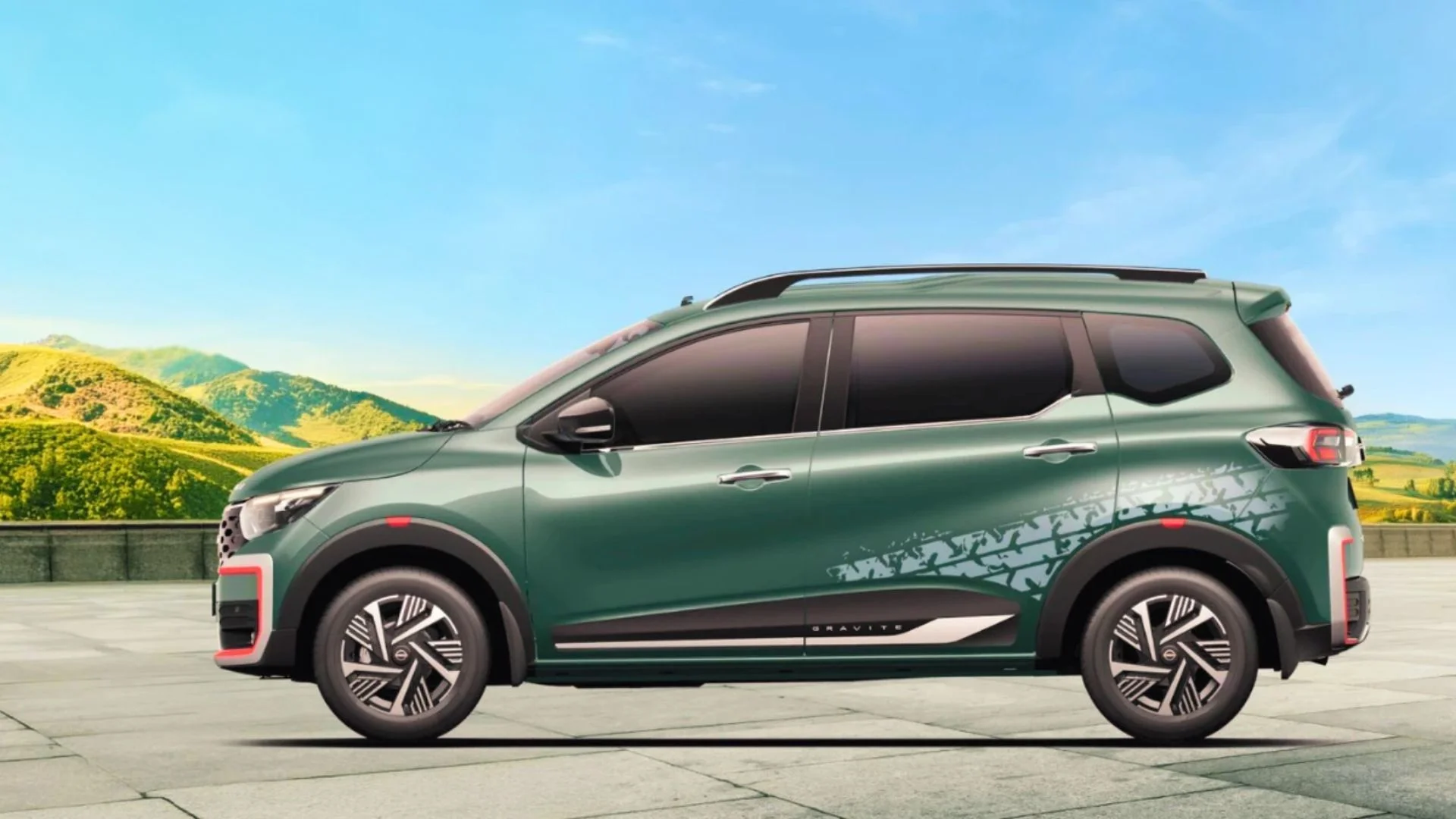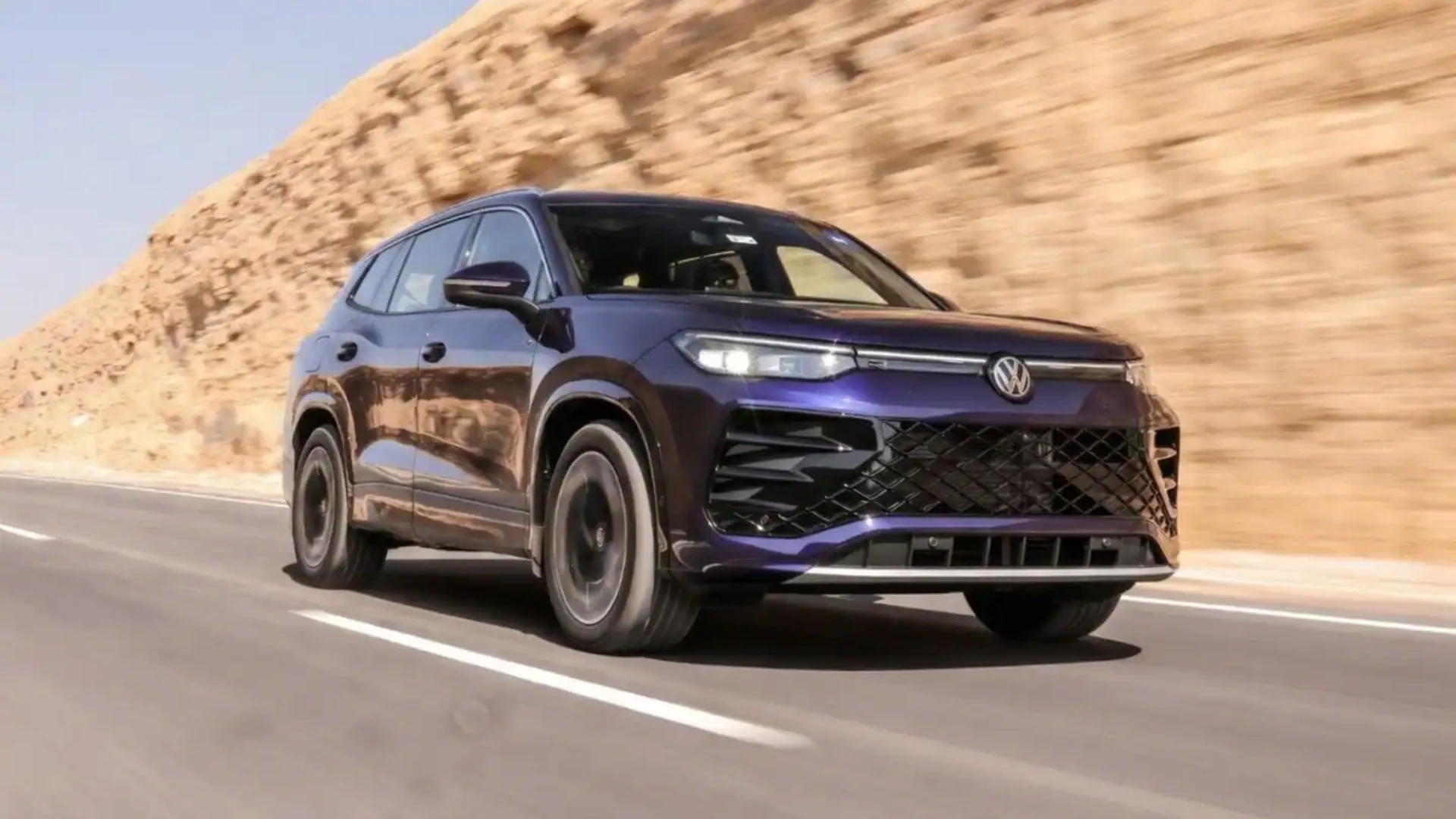
Table of Content
▼Mahindra & Mahindra Ltd on Wednesday said the ongoing protest by farmers demanding assurance of minimum support prices (MSP), among others, is unlikely to have any "significant impact" on tractor sales volumes. The tractor industry is expected to witness a volume decline of 5% this financial year, the company said.
Earlier in the day, Mahindra & Mahindra reported a 34% rise in consolidated profit after tax to Rs 2,658 crore for the third quarter of this fiscal, driven by strong sales across all segments.
The company's tractor sales during the quarter fell by 4.1% to 1.01 lakh units due to higher base compared to last year and weak monsoon, while industry volume declined by 4.9%.

The company increased its tractor market share by 80 bps to 41.8% in the December quarter, even as the tractor industry contracted due to last year's high base, weather volatility and low tank levels.
“I do not see the farmers’ protest having any significant impact on the growth of the (tractor) industry,” Rajesh Jejurikar, MD & CEO (Automotive & Agriculture), Mahindra & Mahindra, said during the post-results press conference.
The farmers protest happened last year in the Haryana-Punjab region, which was one of the fastest growing states (in terms of tractor sales) this year, he said, adding that even in 2020-21 there was a protest.
“This year we expect the tractor industry to be more negative than we thought, based on what we have seen in the last few months,” Jejurikar said.
“Therefore, we expect the tractor industry to be at around 5% for the entire fiscal year,” he said.
For the March quarter, it will be even more negative than that, around -10%, he said.
Jejurikar said the real pressure the industry has seen is the decline in Maharashtra, Andhra Pradesh, Telangana and Karnataka markets.
"There are two or three things that will lift rural sentiment. One is news of a good monsoon (which makes sentiment positive) and the second is that reservoir levels are expected to return to average or a little better," he added.
Also Read: GM, Ford chiefs open to EV partnerships to compete with China
Neha Mehlawat
Neha Mehlawat is an automotive journalist and industry analyst with 10+ years of experience covering cars, bikes, and mobility trends. She tracks the latest launches, technology upgrades, and policy changes in the auto sector, delivering sharp insights that help readers stay ahead in the fast-evolving world of automobiles.


_1771494670.webp)


